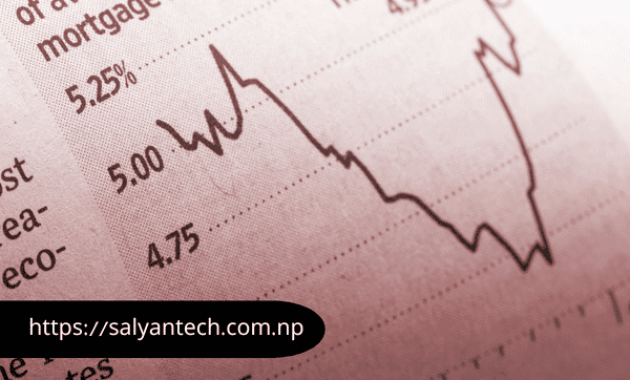What Are Mortgage Rates?
Mortgage rates represent the interest charged on a loan used to purchase a home. They are a crucial component of the overall cost of homeownership and can significantly impact monthly payments and the total amount paid over the life of the loan.
Factors Influencing Mortgage Rates
Several elements influence mortgage rates, including:
- Economic Indicators: Inflation, employment rates, and GDP growth can affect rates.
- Federal Reserve Policies: Decisions on federal funds rates can lead to changes in mortgage rates.
- Bond Market Trends: Mortgage rates often move in tandem with yields on government bonds.
- Credit Demand: High demand for credit can push rates up, while low demand can lead to lower rates.
Current Mortgage Rate Trends
Recent Fluctuations in Rates
As of April 2025, mortgage rates have experienced notable fluctuations. The average 30-year fixed mortgage rate peaked at 7.04% in January but has since declined to approximately 6.62% by early April. This decline follows a period of volatility influenced by various economic factors.
Comparison with Historical Rates
Historically, mortgage rates have varied widely. The current rates, while higher than the historically low rates seen in the early 2020s, are still below the peaks experienced in the 1980s. Understanding this context helps borrowers make informed decisions.
Economic Indicators Affecting Mortgage Rates
Inflation and Its Impact
Inflation erodes purchasing power, prompting lenders to increase rates to maintain returns. Recent inflationary pressures have contributed to higher mortgage rates, although efforts to control inflation are ongoing.
Federal Reserve Policies
The Federal Reserve’s monetary policies, including adjustments to the federal funds rate, directly influence mortgage rates. Anticipated rate cuts in 2025 could lead to a gradual decline in mortgage rates, depending on economic conditions.
Global Economic Events
International events, such as trade tensions and geopolitical uncertainties, can impact investor confidence and, consequently, mortgage rates. For instance, recent trade tariffs have led to increased bond yields, affecting mortgage rates.
Predictions and Forecasts
Expert Opinions on Future Rates
Experts predict that mortgage rates will continue to decline gradually throughout 2025. Forecasts suggest that rates could fall below 6% by the end of the year, depending on economic developments and Federal Reserve actions.
Potential Scenarios for Borrowers
Borrowers should prepare for various scenarios:
- Stable Rates: Continued economic stability could lead to steady rates.
- Declining Rates: Successful inflation control may result in lower rates.
- Volatile Rates: Unexpected economic events could cause rate fluctuations.
Strategies for Homebuyers
Locking in Rates
Given the current rate environment, potential homebuyers might consider locking in rates to secure favorable terms, especially if rates are expected to rise.
Exploring Different Loan Options
Different mortgage products, such as fixed-rate and adjustable-rate mortgages, offer varying benefits. Evaluating these options can help borrowers choose the best fit for their financial situation.
Importance of Credit Scores
A higher credit score can lead to better mortgage rates. Prospective borrowers should focus on improving their credit profiles to access more favorable loan terms.
Conclusion
The mortgage rate landscape in 2025 is characterized by gradual declines following previous highs. While rates remain elevated compared to early 2020s levels, forecasts indicate potential relief for borrowers. Staying informed about economic indicators and market trends is essential for making strategic decisions in the current housing market.
FAQs
1. How often do mortgage rates change?
Mortgage rates can change daily, influenced by economic data, market conditions, and lender policies.
2. Can I negotiate my mortgage rate?
Yes, borrowers can often negotiate rates with lenders, especially if they have strong credit profiles or multiple loan offers.
3. What is the difference between fixed and variable rates?
Fixed rates remain constant throughout the loan term, while variable rates can change based on market conditions.
4. How do I qualify for the best mortgage rates?
Maintaining a high credit score, stable income, and low debt-to-income ratio can help qualify for better rates.
5. Should I refinance my mortgage now?
Refinancing depends on current rates compared to your existing loan. If current rates are significantly lower, refinancing might be beneficial.
Read Also: How to Choose the Right Personal Loan for Your Financial Needs
